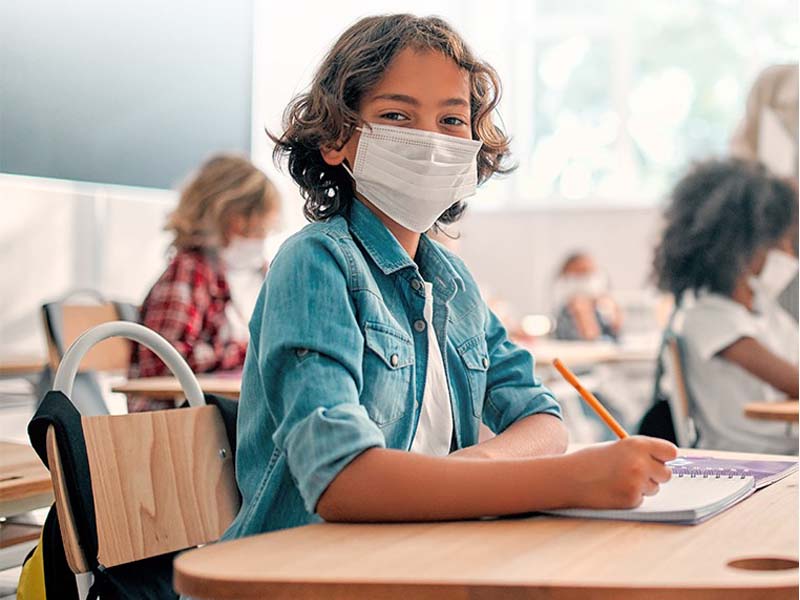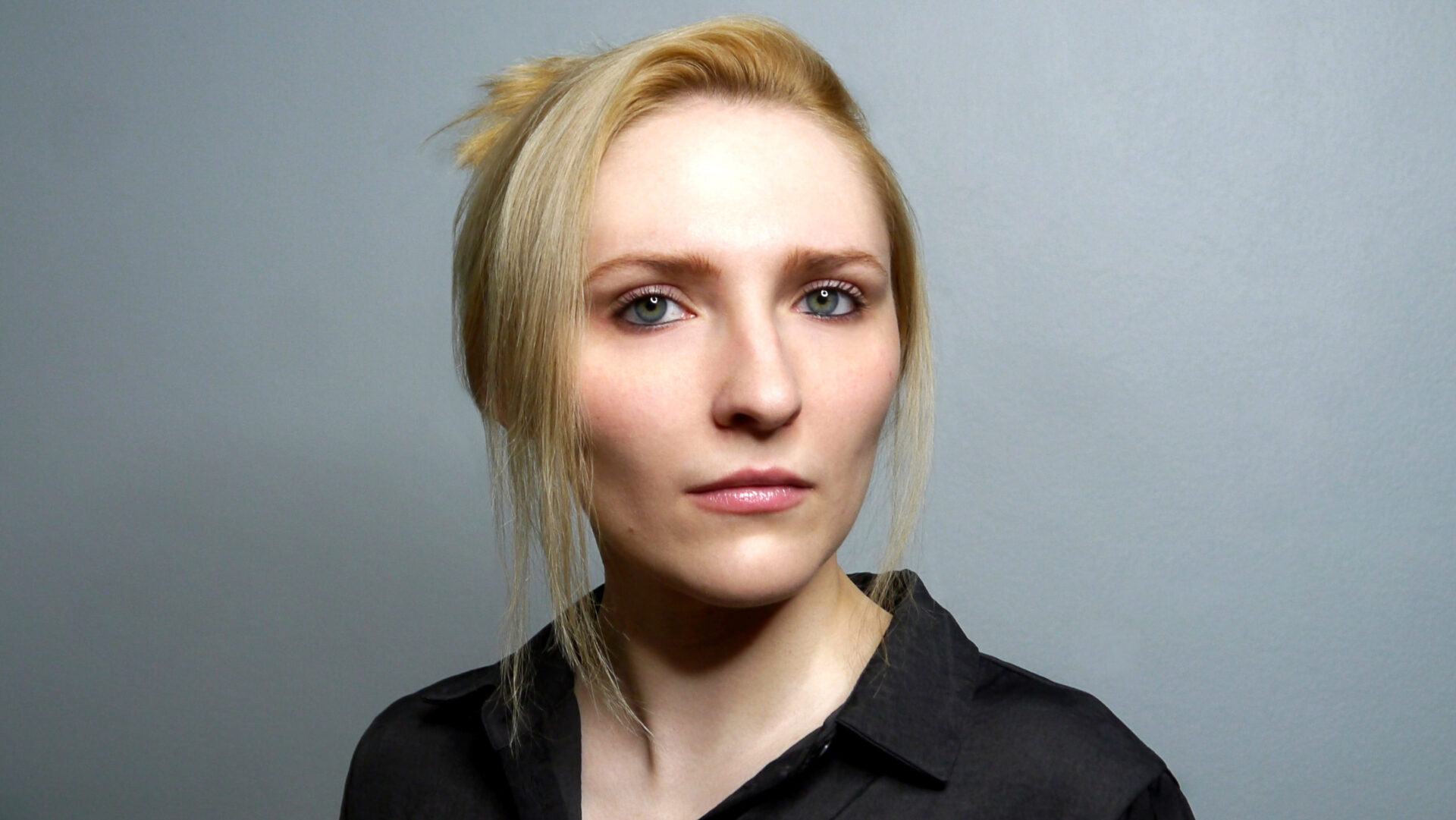Russian School of Mathematics is Primed for In-Person Learning
The Russian School of Mathematics (RSM) is excited to return to in-person and hybrid learning and continue offering math programs that help their students develop a deep math foundation.
When COVID-19 peaked in the United States last March, RSM took just one week to move every class, teacher and student online. The school pivoted, and using their own online platform, they managed to “continue live, interactive, teacher-led classes without interruption.” They resumed classes for over 50,000 students online, with over 2,000 in the D.C. area alone. Regional Director Viktoriya Palamarchuk says, “while we are thrilled that we are able to seamlessly continue our students’ math education virtually this year, our teachers can’t wait to get back into the classroom. The data shows – both ours and outside of RSM – that students learn much better in a real and physical space.”
RSM believes in the power of community in the classroom. Most lessons start with students going over homework, before a brief assessment or quiz. Teachers then introduce new material and wrap up the lesson with a lively class discussion, which often leads to friendly debate. RSM cultivates an environment that promotes dialogue between students, where they can ask questions, share their thoughts and grow together.
Not like other schools
Unlike traditional public schools, students at the Russian School of Mathematics remain with the same classmates year to year. This gives them the opportunity to build tight-knit relationships and a sense of trust with their peers. Students are differentiated by grade and within each grade there are three to four classes that are defined by a student’s math proficiency. “Any child can learn math,” Palamarchuk states confidently; “we want kids to be challenged but not overwhelmed.”
RSM accepts students of all abilities, from pre-K through high school. They hold after-school classes on weeknights and additional classes throughout the weekend. Incoming students are placed together, ensuring that kids can join the program at any time, while continuing and advanced students maintain the stability of a consistent classroom community.
The Russian School of Mathematics builds out interactive class experiences where kids are participating at all times. This keeps the work interesting and means that students stay engaged throughout the lesson. RSM strongly believes in the de-emphasis of standardized testing. They instead concentrate on building a strong mathematical foundation by cultivating an environment where kids can discuss concepts and engage in friendly competition. An integral aspect of the RSM method is the traditional teacher-led classroom; they don’t offer one-on-one tutoring, emphasizing the students’ combined effort of discovery. RSM is confident that this method supports a deeper retention of mathematical knowledge. They don’t just teach recitation, but rather give students the tools they need to break down complex equations and work through problems on their own. “We want kids to get used to the environment of healthy competition … preparing them for university and their future careers.”
A year of online learning
After a year of online learning, RSM has noticed that their students are antsy to get back into the classroom. “They miss their friends,” Palamarchuk says. It’s not only the kids who are ready to get back together in person; “parents are holding their breath” for in person classes, too. RSM sympathizes with those parents, who for over a year now have been juggling working from home and making sure their kids stay focused. Palamarchuk notes that RSM is always available to support their families, but what they want to do most is bring their kids back to school.
Although it has been a challenging year, RSM has maintained a calendar of engaging online events. “Every Friday is ‘Friday Fun Night,’” because though teaching kids math is their goal, they want to be sure kids are having fun doing it. The students at RSM have become good friends, inviting each other to birthday parties and spending weekends going over homework together. On March 14, they celebrated Virtual Pi-Day. RSM has continued to facilitate and nurture those friendships through online activities, because they know how important they are to their students.
What will next year look like?
Teachers and staff at the Russian School of Mathematics are currently being vaccinated and preparing for a summer of hybrid learning. They are keeping up with information from the CDC, but their goal is to be in-person again in September 2021.
Amidst the chaos of this year, RSM has taken on an exciting venture. They’re opening a new location in Tysons Corner, Va. The new campus will offer more space and lots of light. They will be installing new HVAC systems and needlepoint bipolar ionization. The state-of-the-art classrooms will be designed to support distance learning with lots of hand sanitizer within reach.
With their teachers soon to be vaccinated and COVID numbers gradually declining, the school is hopeful about teaching together in-person again. CEO Ilya Rifkin notes that, “the timing of the return to in-person will vary depending on the region as we continue to work closely with the local health departments and make improvements to our classrooms.” Rifkin is thankful to parents for trusting RSM with their children’s education this past year. “I know it has been a challenging year for many families. I am very proud of the work our students and teachers did despite those challenges.”
Palamarchuk realizes that next year will not be “business as usual,” for her students. She is careful to highlight that classes will resume in-person only when it’s safe, and likely after public schools do. Courses will be offered in either a hybrid model (where the same class moves together from meeting virtually, to meeting in the classroom, depending on the week), or fully in-person.
The Russian School of Mathematics will be following local protocol for re-opening and will continue to host virtual-only options (in addition to in-person classes) over the summer as they recognize the need for flexibility after a difficult year. Learn more at RussianSchool.com.



